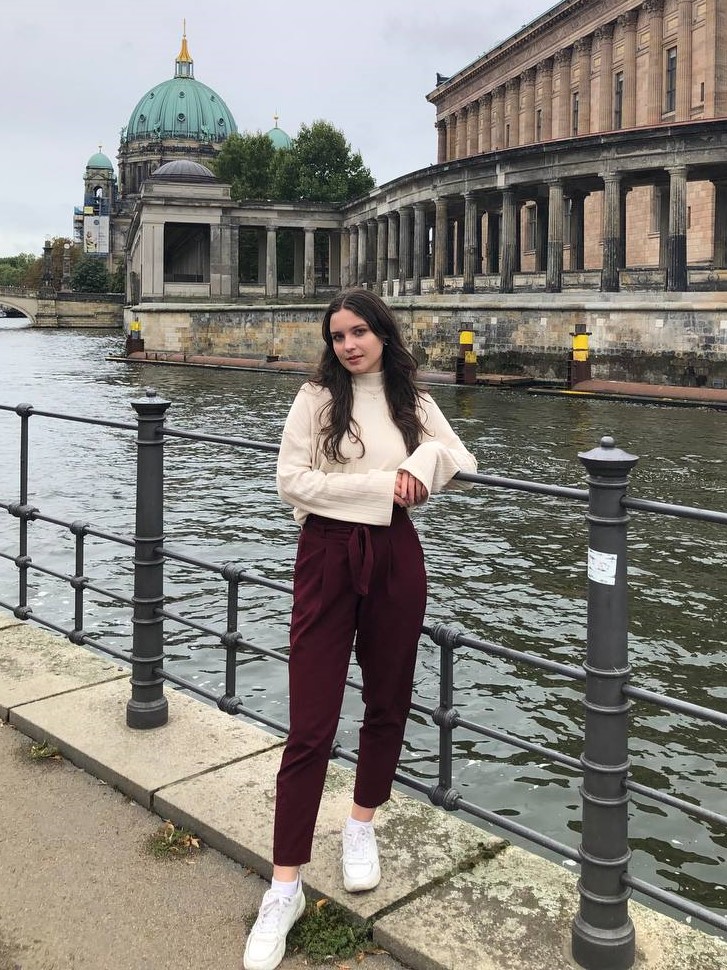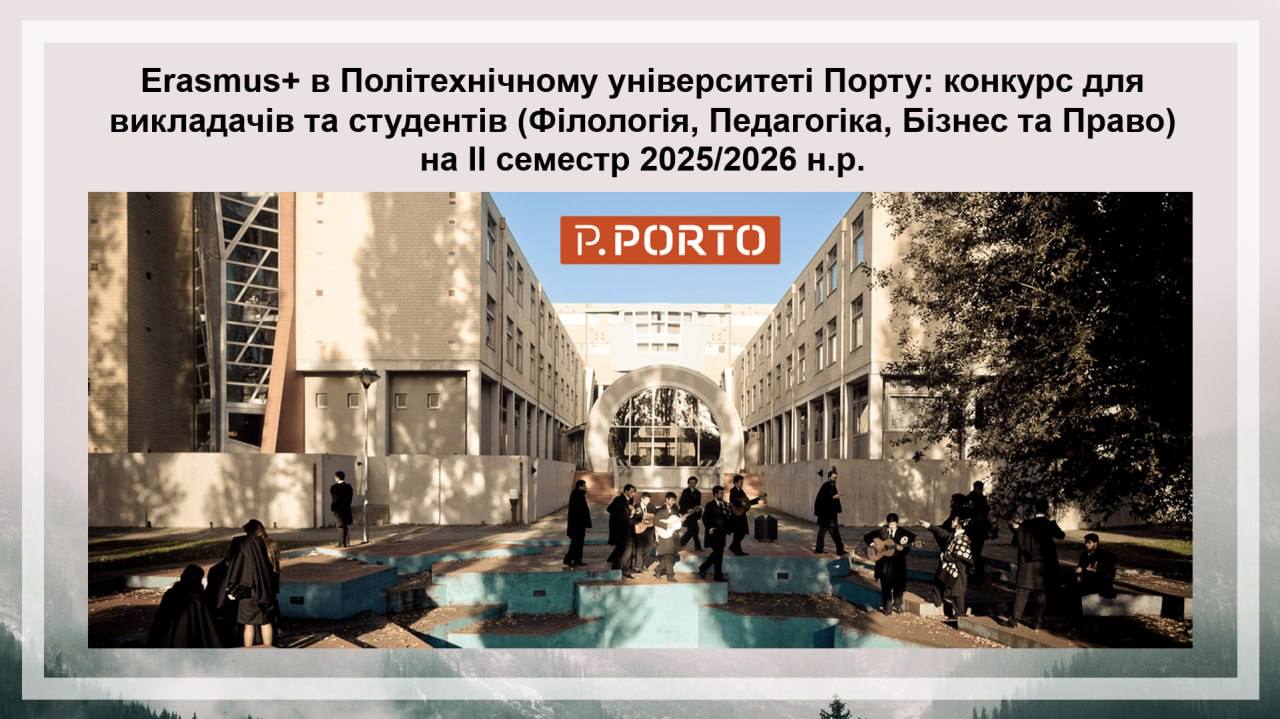International academic mobility is extremely important for the quality training of specialists for many reasons, as participants of mobility programs have the opportunity to study in different cultural and academic environments, getting acquainted with different teaching methods and approaches to science. Such exchange of experience and knowledge with leading universities of the European Union helps to improve the level of training of students and teachers, promotes the development of scientific cooperation, strengthens international relations and introduces modern methods and technologies in the educational process, which makes Ukrainian universities more competitive in the international education and science market.
Developing international cooperation, in particular, participation in Erasmus+ academic mobility programs, is an important strategic direction of Poltava Polytechnic’s innovation activities.
Currently, the university offers students, postgraduates and academic staff Erasmus+ credit academic mobility programs at the leading universities of Austria, Greenland, Denmark, Estonia, Lithuania, Latvia, Poland, Romania, Slovakia, Finland, Czech Republic, where students can study at a partner university of our university for a semester and receive a scholarship in the amount of 490 to 1100 euros per month (depending on the country).
Thus, during the spring semester of 2022/2023, 23 students and 1 academic staff member took part in the Erasmus+ credit academic mobility programs in Greenland, Latvia, and Romania, and 5 bachelor’s and master’s students majoring in 035 “Philology” completed professional practice at the International Department of the University “1 DECEMBRIE 1918” University of Alba Iulia (Transylvania, Romania).
In the winter semester of the academic year 2023/2024, 50 students of Poltava Polytechnic started their studies under the Erasmus+ credit academic mobility programs at the leading universities of Austria, Denmark, the Netherlands, Lithuania, Romania, and Finland.
In particular, Mariia Bovkun, a second-year student majoring in 073 “Management” at the Educational and Research Institute of Finance, Economics, Management and Law of Poltava Polytechnic, is studying under the Erasmus+ Credit Mobility Program at the University of Applied Sciences Wiener Neustadt from 4 September 2023 to 27 January 2024 in Wiener Neustadt, which is located near the capital of Austria, Vienna. Mariia lives in a comfortable dormitory and receives a monthly scholarship. Two more marketing students have started their Erasmus+ studies at the Austrian University of Applied Sciences FH Burgenland.
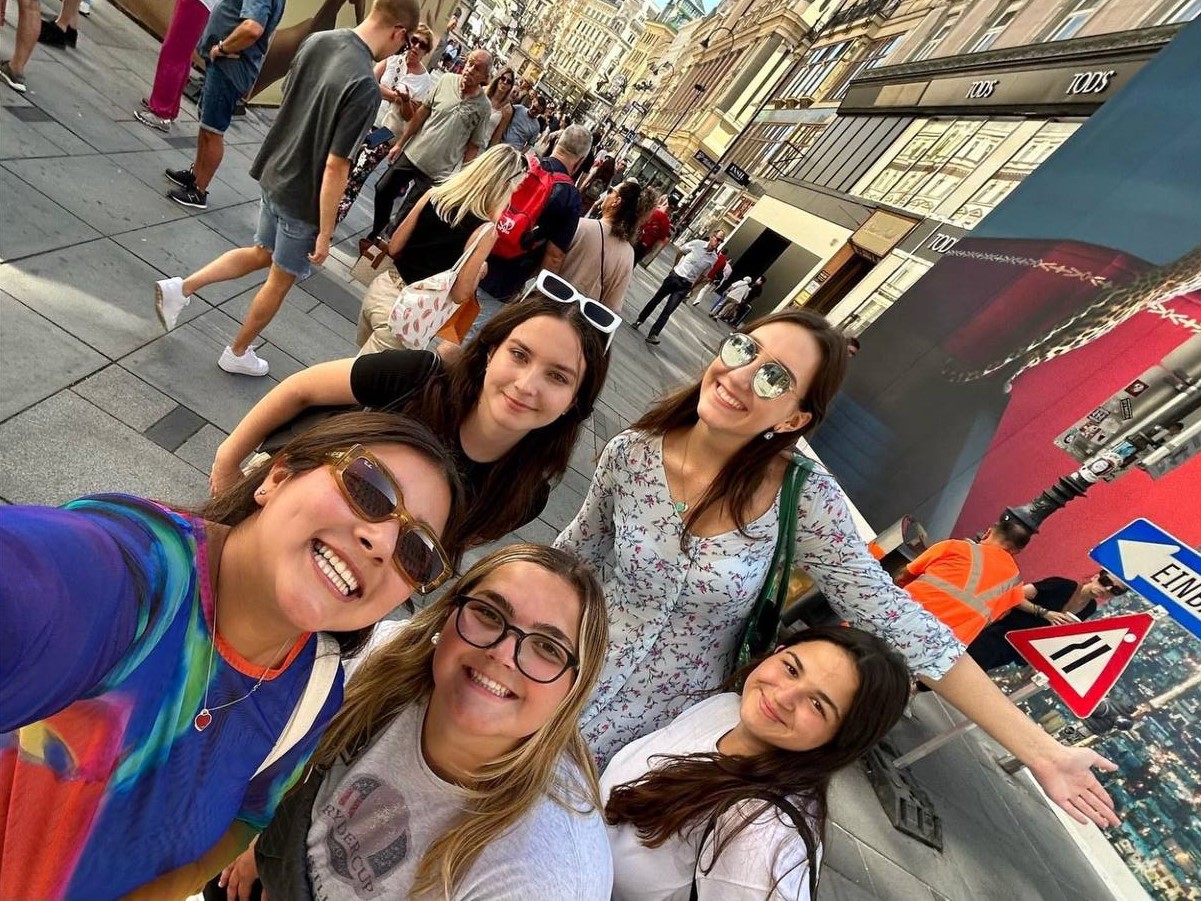
There are two types of higher education institutions in Austria: regular universities in the classical sense of the word (Universität, Uni) and universities of applied sciences (Fachhochschule, FH). The difference between them is quite significant. A Fachhochschule is a narrow-profile, specialised and practically oriented education. Whereas at a regular university, the majors are more general, such as International Economics or Biology, at a Fachhochschule, the study is more narrowly focused and practical, such as International Marketing, Logistics and Transport, or Molecular Microbiology.
The University of Applied Sciences Wiener Neustadt (Fachhochschule Wiener Neustadt, abbreviated FHWN) is an Austrian university of applied sciences in the fields of technology, business, healthcare, sports and security. The international name is University of Applied Sciences Wiener Neustadt. Founded in 1994, the main campus is located in Wiener Neustadt, with two smaller campuses in Wieselburg and Tulln am Danube, as well as at the Rudolfinerhaus hospital in Vienna. Currently, 37 bachelor’s and master’s degree programmes are offered in German and English. The infrastructure of the educational institution includes its own library and student dormitory. The university has the following ownership structure: 70% is owned by the city of Wiener Neustadt, 26% by the federal state of Lower Austria, 1% by the University Development Association (sponsoring organisation), 2% by the city of Wieselburg, and 1% by the Wieselburg Campus (subdivision) of the university.
Student of Poltava Polytechnic Mariia Bovkun shared her first impressions of studying in Austria:
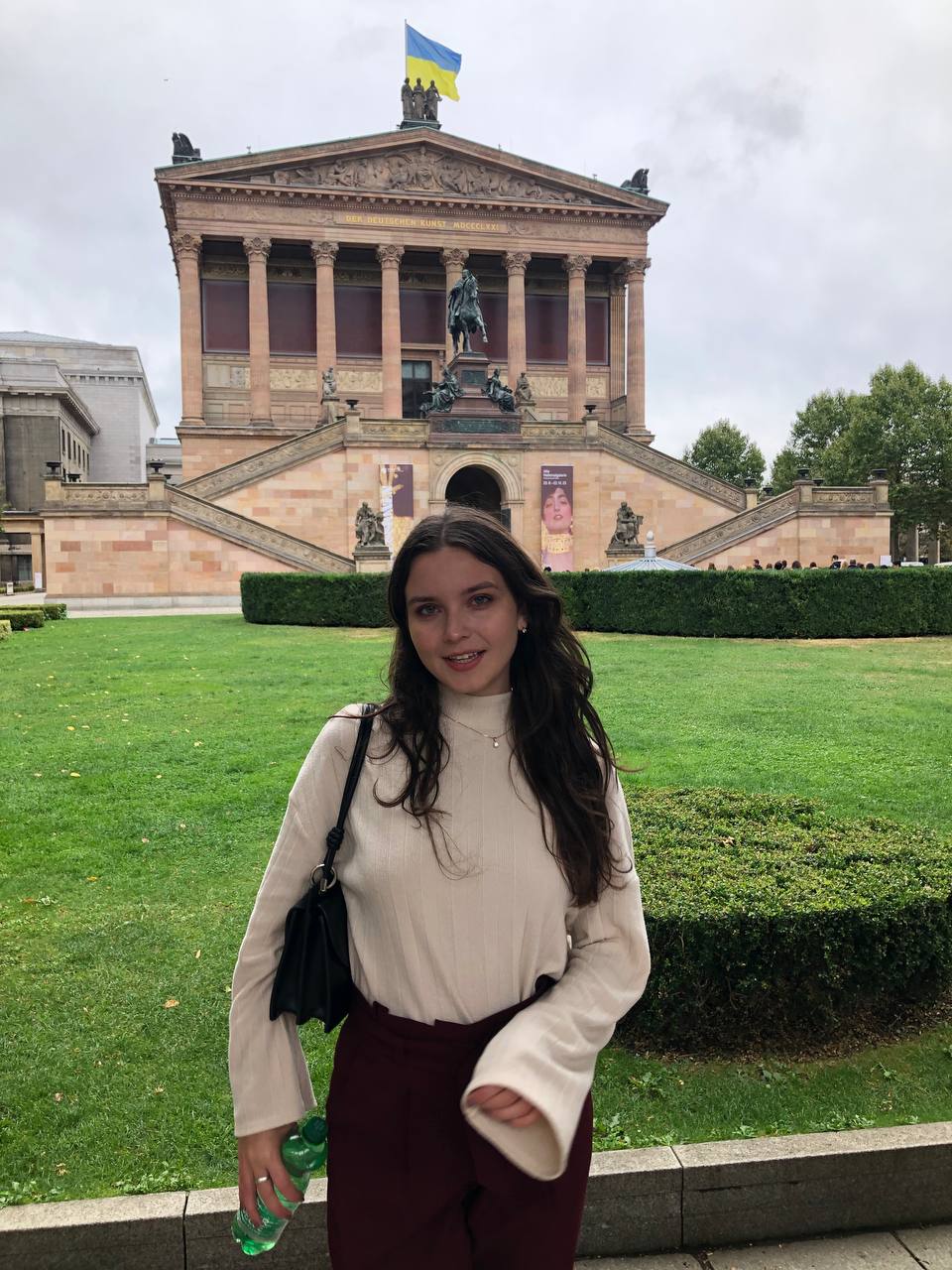
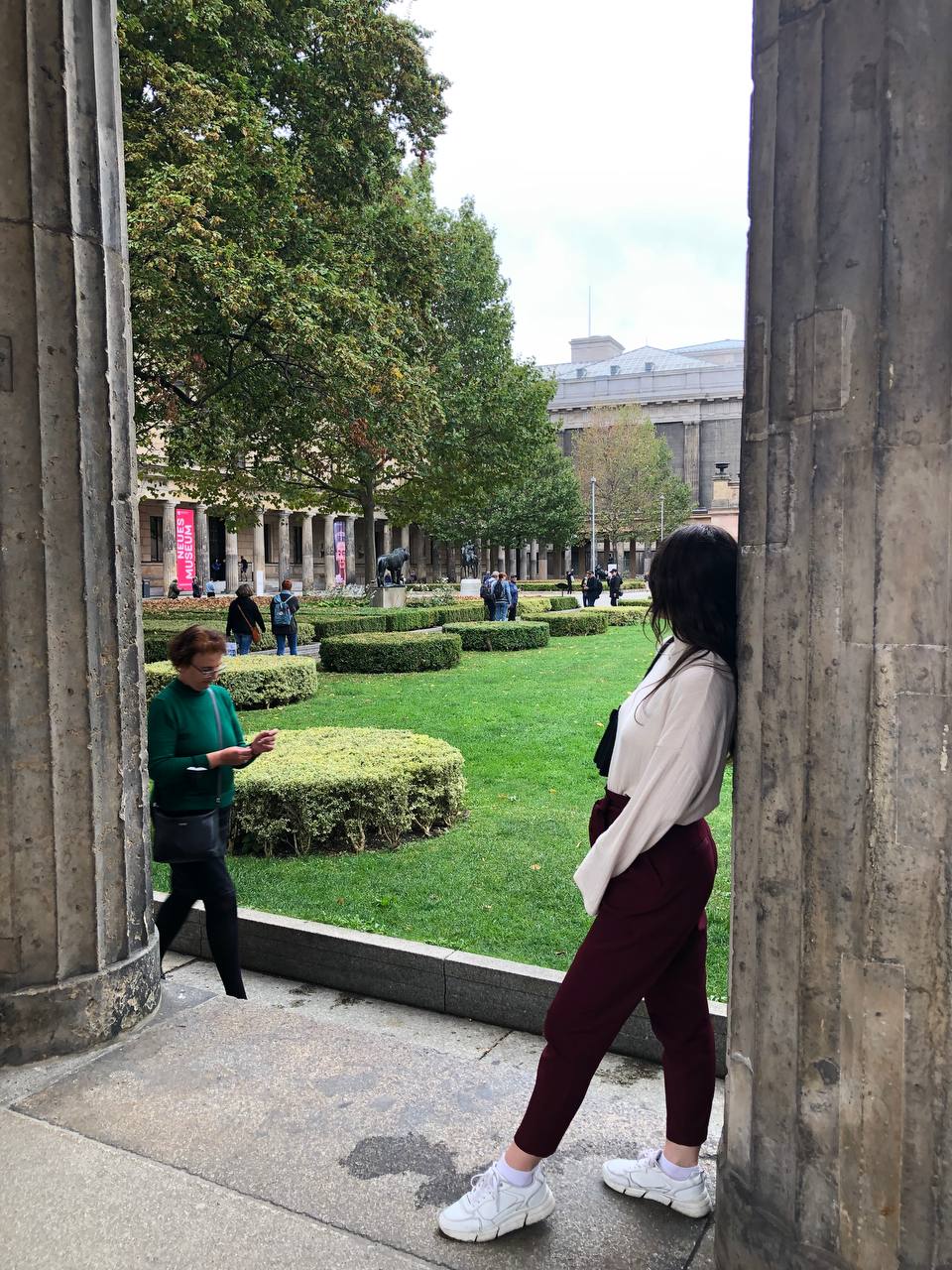
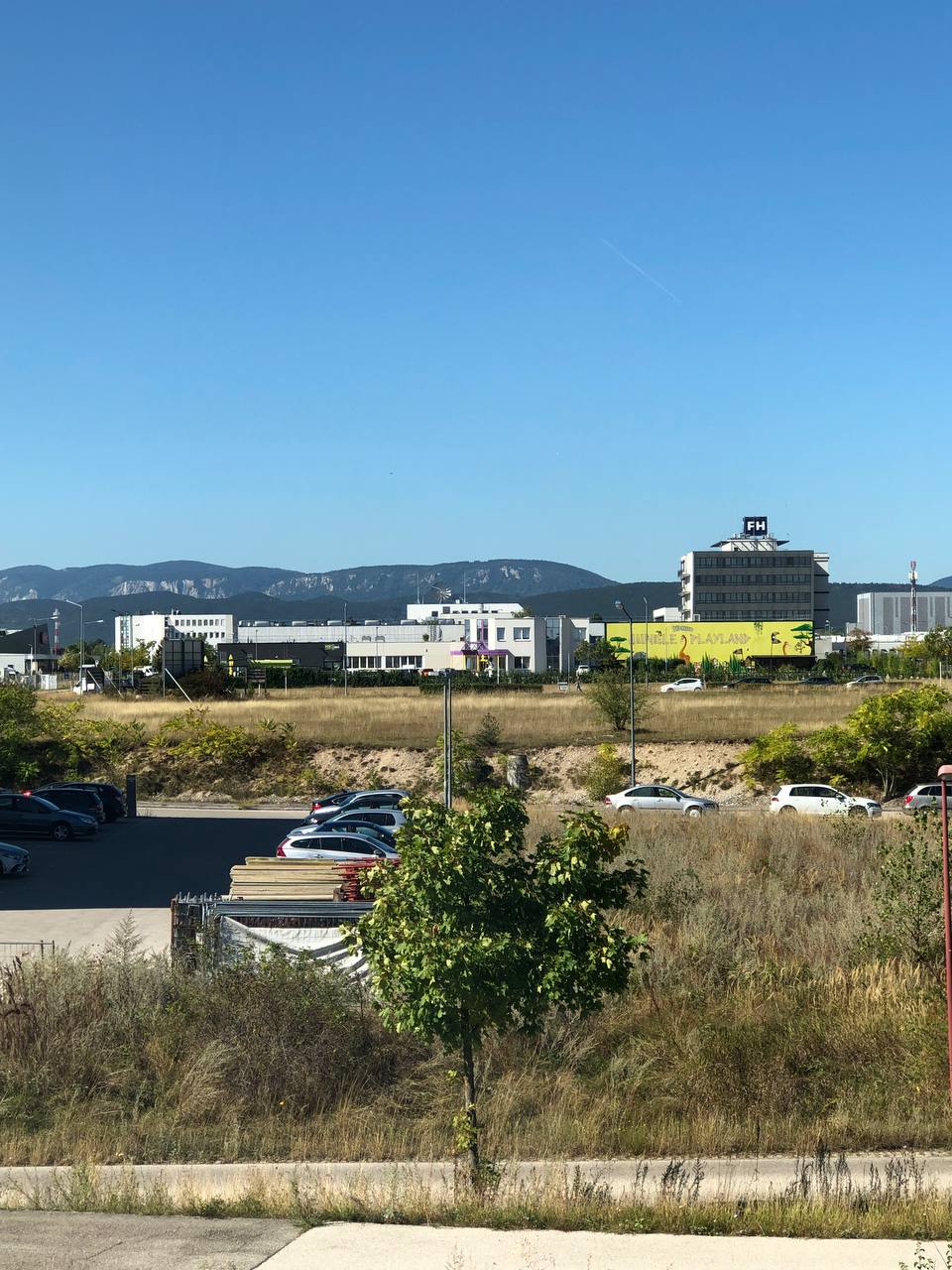
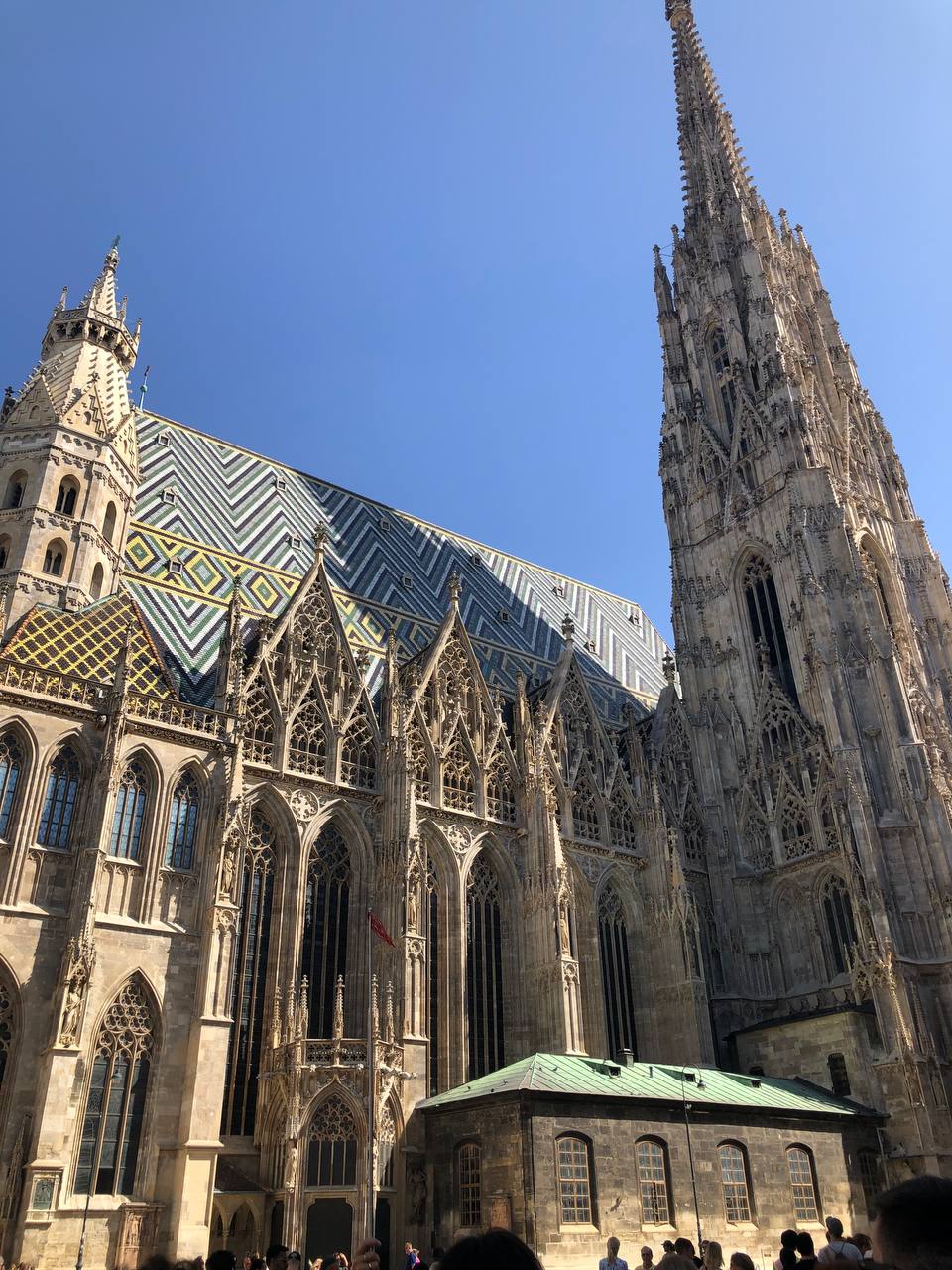
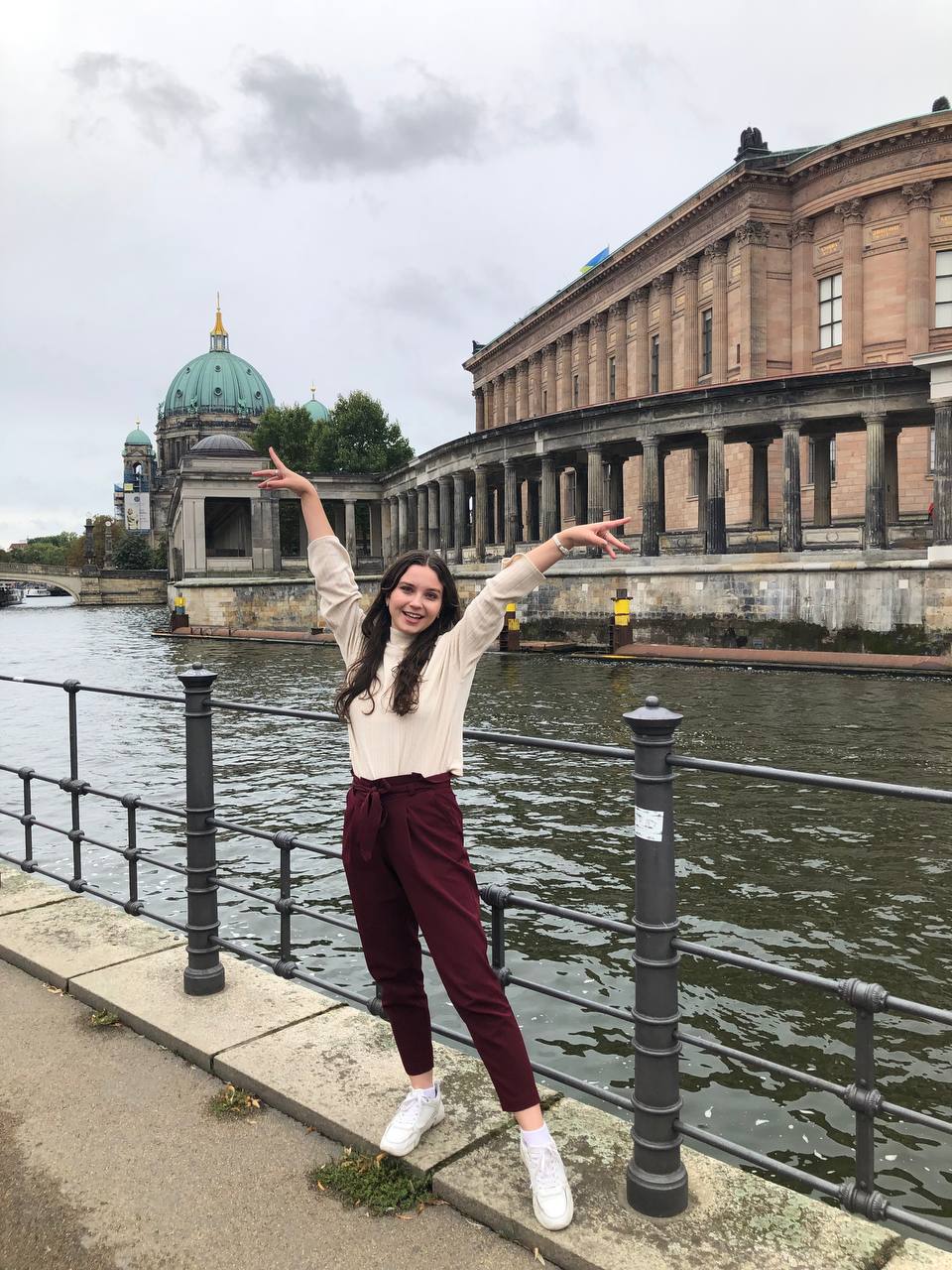
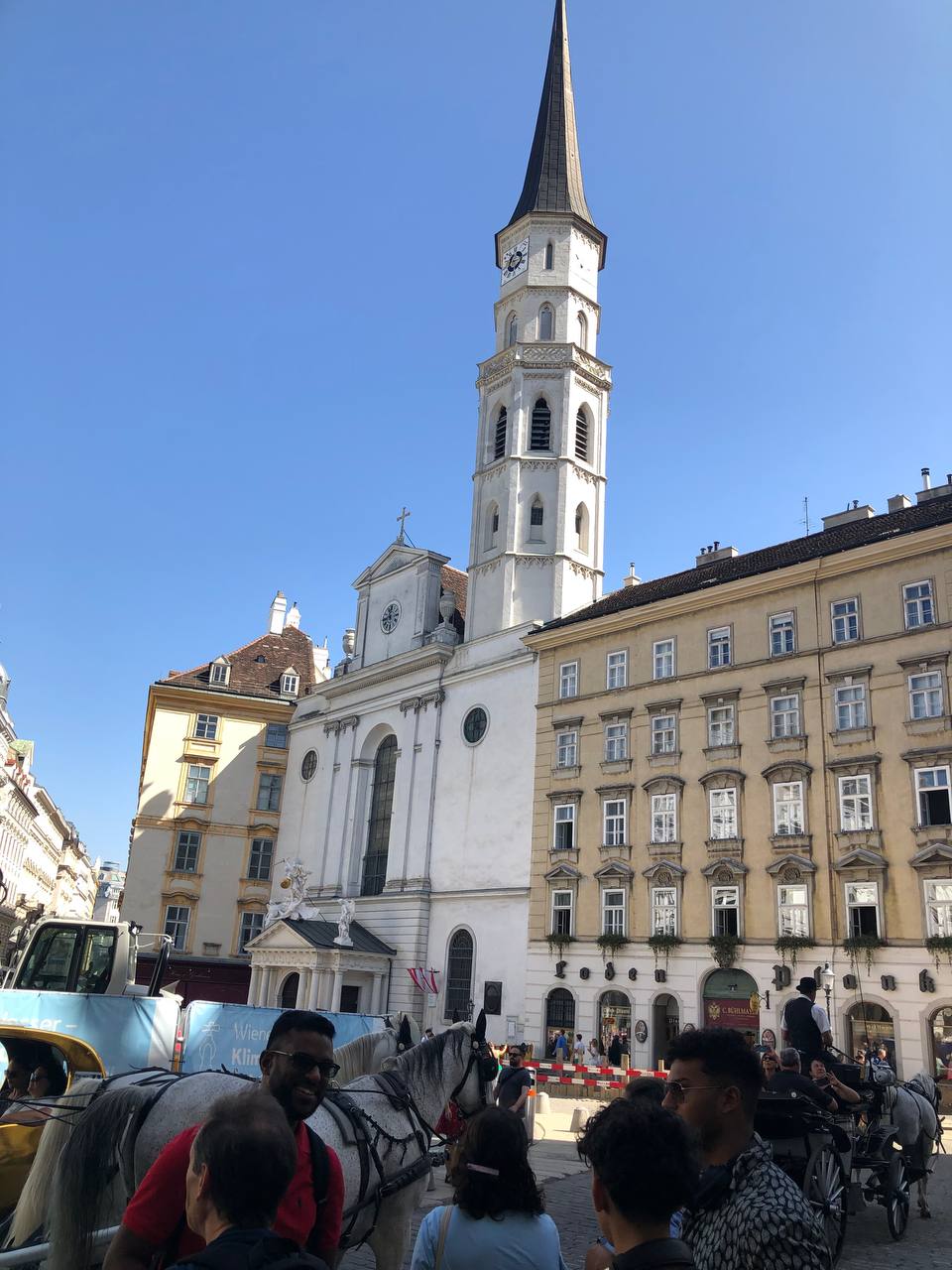
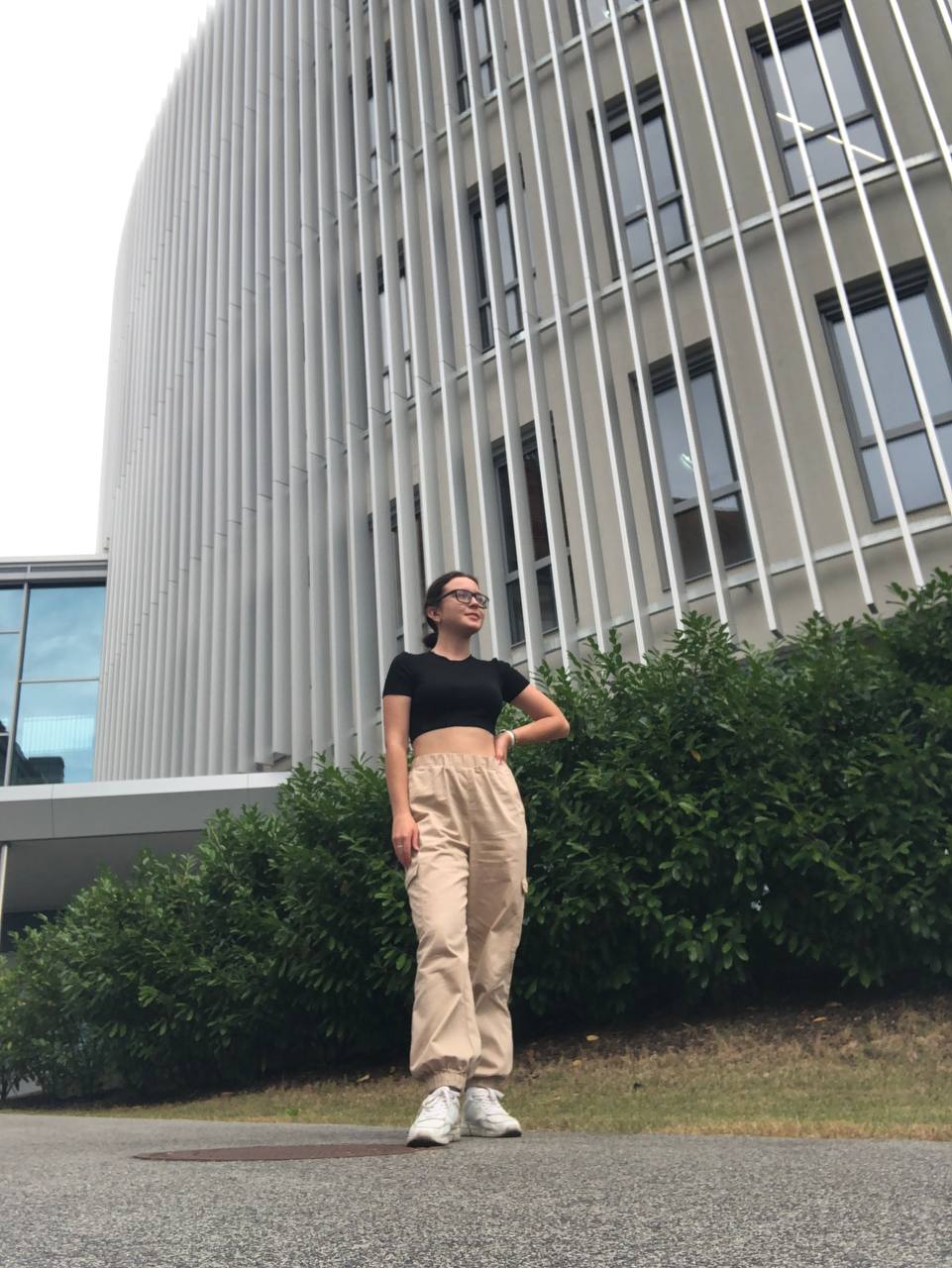
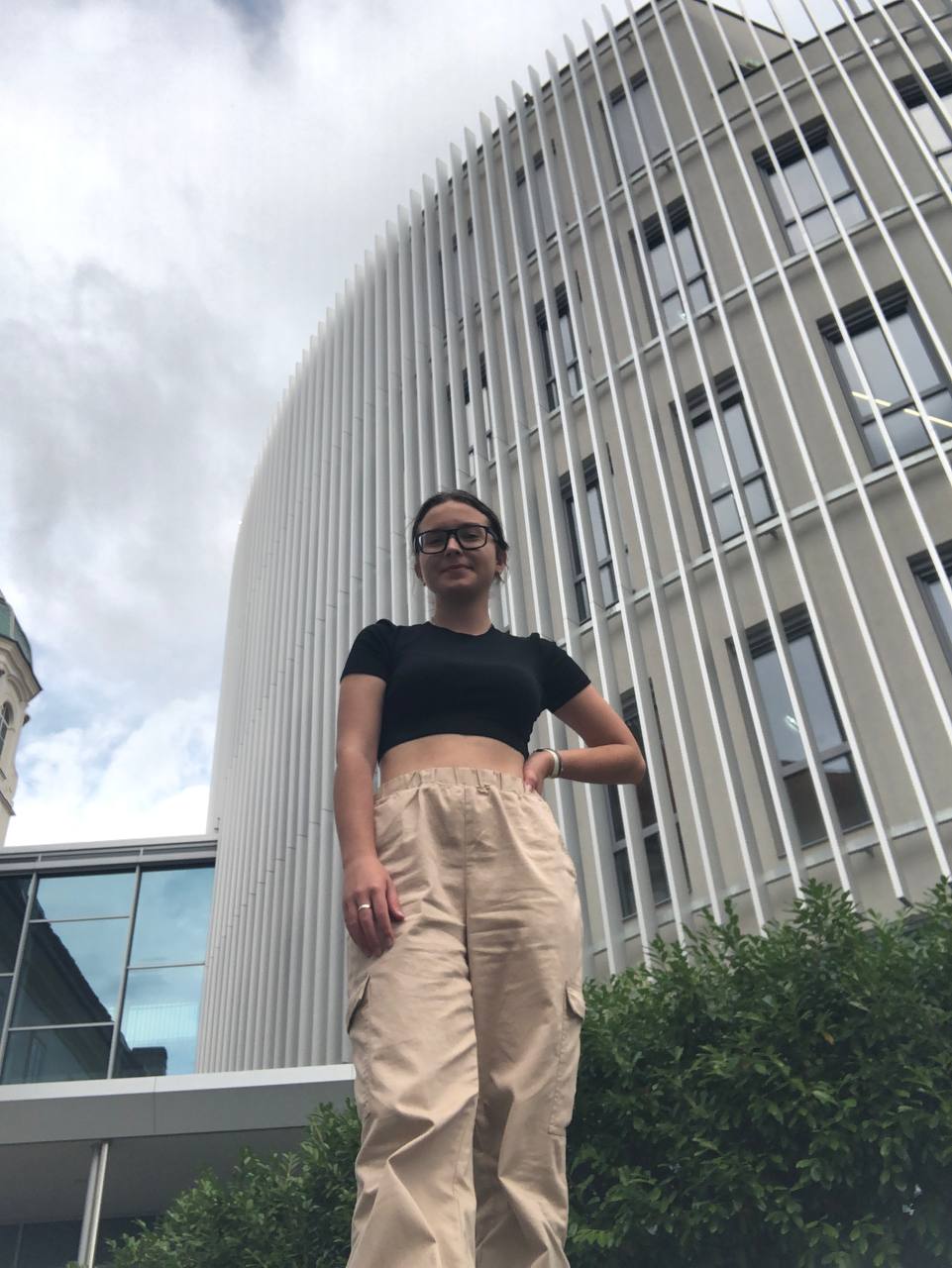
“Upon just arriving in Austria, I was delighted with the picturesque and majestic mountains. I was warmly welcomed and everyone tried to help and support me in every way possible. I was amazed that the university Fachhochschule Wiener Neustadt even ordered a taxi for me to my dorm in the city from the very Vienna. I was so happy I didn’t have to wander around train and metro stations with heavy suitcases at night.
A few days later, we had a general meeting where we were congratulated on the start of our studies, given gifts, a tour of the university, helped to create our study account, and with registration with the local authorities to obtain the required documents, treated to delicious ice cream, and had time to get to know all the participants of the exchange program.
Despite all the above, adaptation was a bit difficult for me, as I went to Austria alone. While I went to study in Romania last semester together with 14 other Polytechnic students, in Austria there was no one with whom I could speak my native language or simply discuss some common topics, understanding each other 100%. You had to speak English all the time and make new friends. But it has become a great school of life for me and now I know that I can and do much more than I thought. During the month I’ve been here, I’ve already got used to it, the language barrier has disappeared and I feel that it’s much easier for me to communicate in English. I’m learning quickly and improving my speaking skills.
The Fachhochschule Wiener Neustadt University of Applied Sciences has created all the conditions for comfortable learning. Classrooms are equipped with state-of-the-art technology and teaching materials. There is a reception on the ground floor, where the staffs help students with any questions. Throughout the university, there are cutting-edge recreational areas, such as study islands, screens with electronic timetables, separate places for rest, as well as snack and coffee vending machines. The university has a huge library that occupies the entire bottom floor. There, you can completely immerse yourself in your studies, students write research papers, projects, or just read something interesting or communicate with each other. I was also impressed that they have the opportunity to borrow a laptop for free for a day (a special offer for students), so you don’t have to carry your laptop to the university every day.
What surprised me was the grading system, which is different from ours: the best grade is 1, and the worst is 5. And there are no exams in subjects in the sense that we, Ukrainian students, are used to. In the process of studying – throughout the semester – students receive points for projects, tests, quizzes, partial exams, homework, and then all these points go into the overall grade. In order to pass a subject, you need to get a certain number of points during the semester.
I live in a cosy and modern dorm, with rooms that look more like comfortable apartments. Living there, I sometimes forget that it is a dormitory. I always feel relaxed and safe here, everything is clean and tidy, and people here live in harmony with themselves, not in a hurry. There are some cultural differences: for example, everything is closed on Sundays, as on this day Austrians rest, spend time with their families, read books, play sports and go for walks in the mountains.
Austria is also located almost in the centre of Europe, so it is a very favourable starting point for travelling. We as students have the opportunity not only to study but also to travel a lot. I have already spent one of my weekends in Berlin with a friend from my previous student exchange and I am planning many more trips in the future.
Every day I improve my English, broaden my horizons, meet interesting people and learn new things. And I know for sure that student exchange is the best thing that ever happened to me. This is my second academic mobility program, and I will remember these two semesters spent in Romania and Austria for the rest of my life! I am extremely grateful to my home Poltava Polytechnic for this opportunity! I advise other students to study hard, learn English and definitely try an exchange program – you will not regret it!” – says Mariia Bovkun, participant of the academic mobility program.
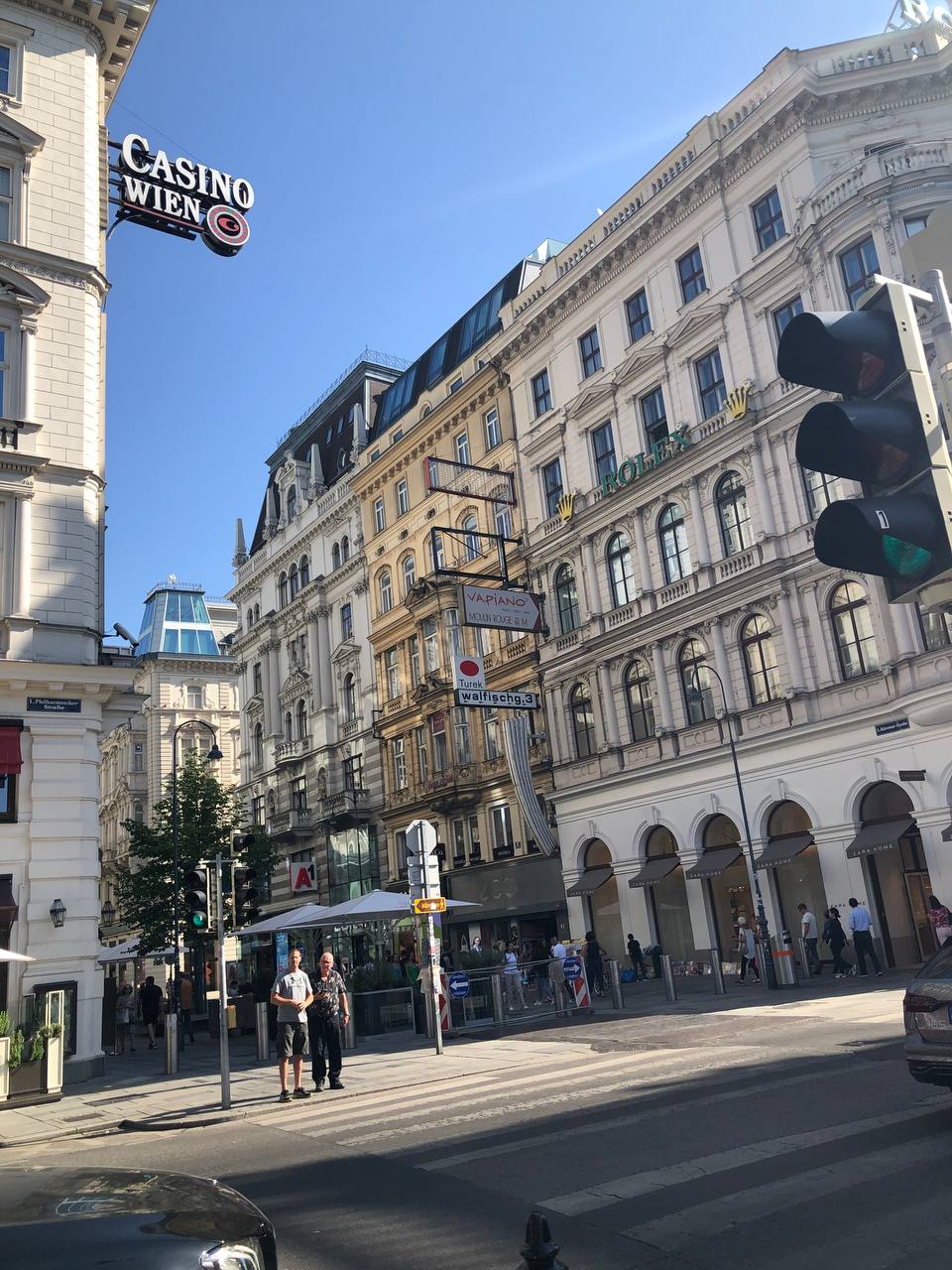

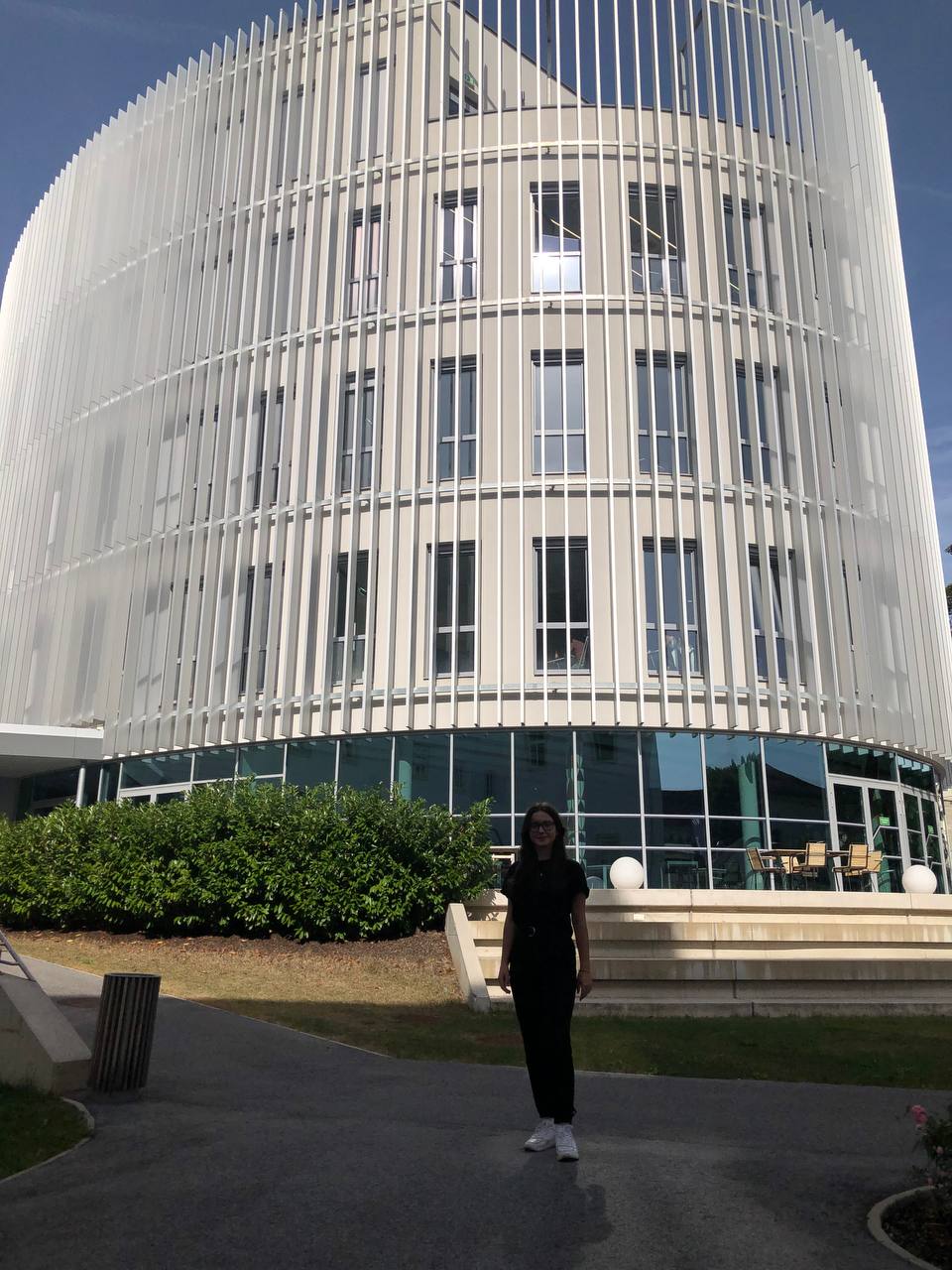
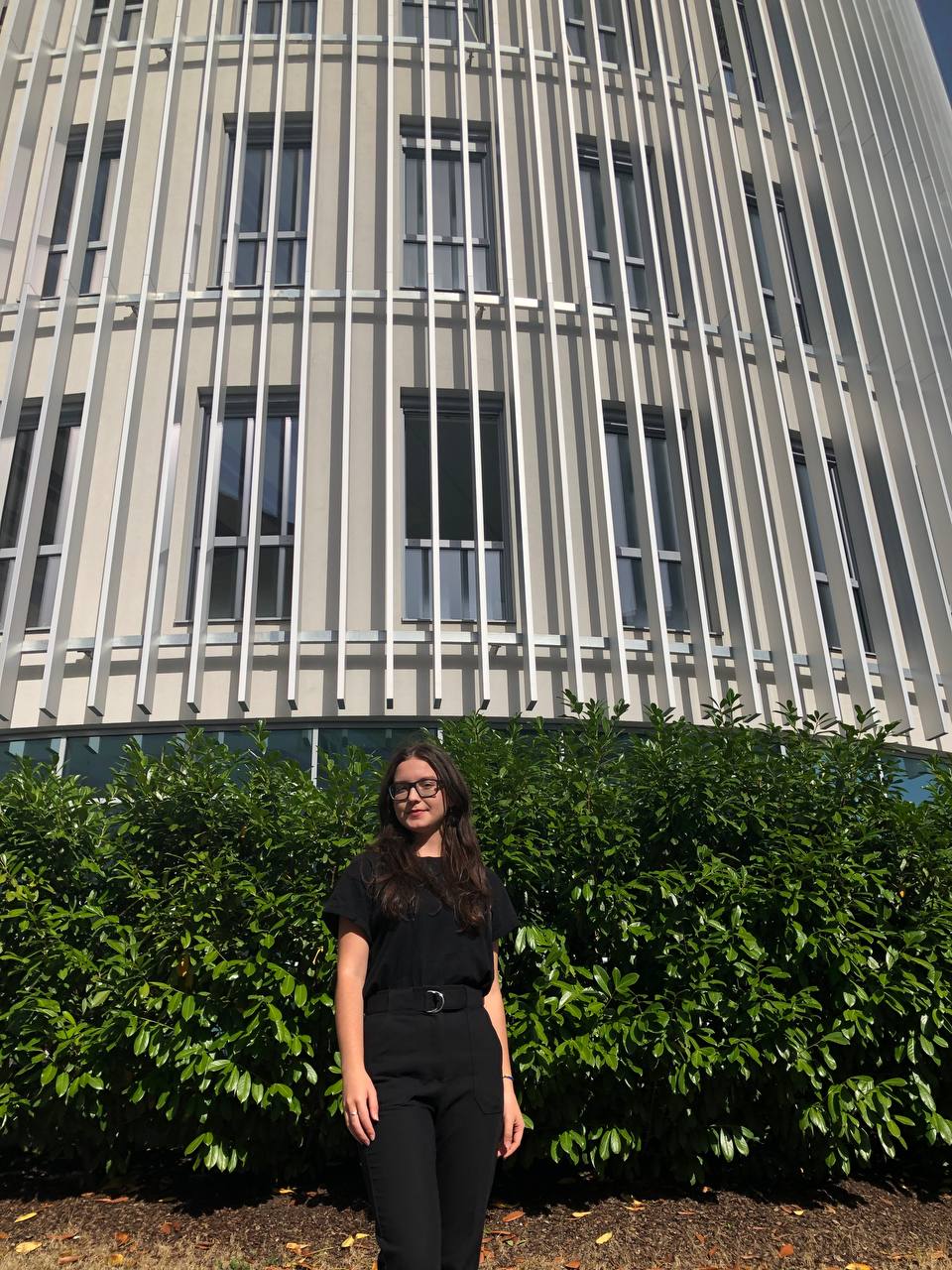
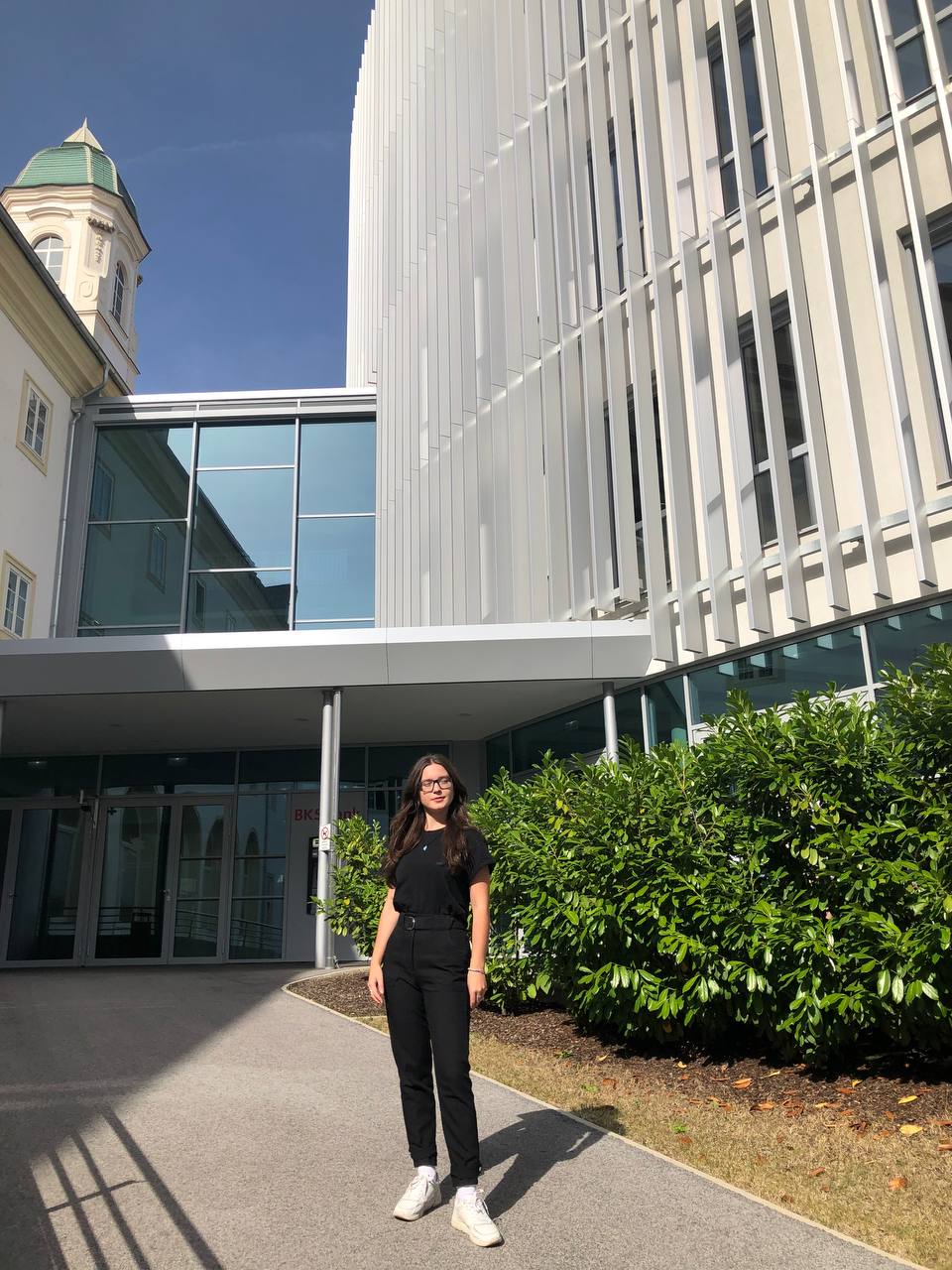

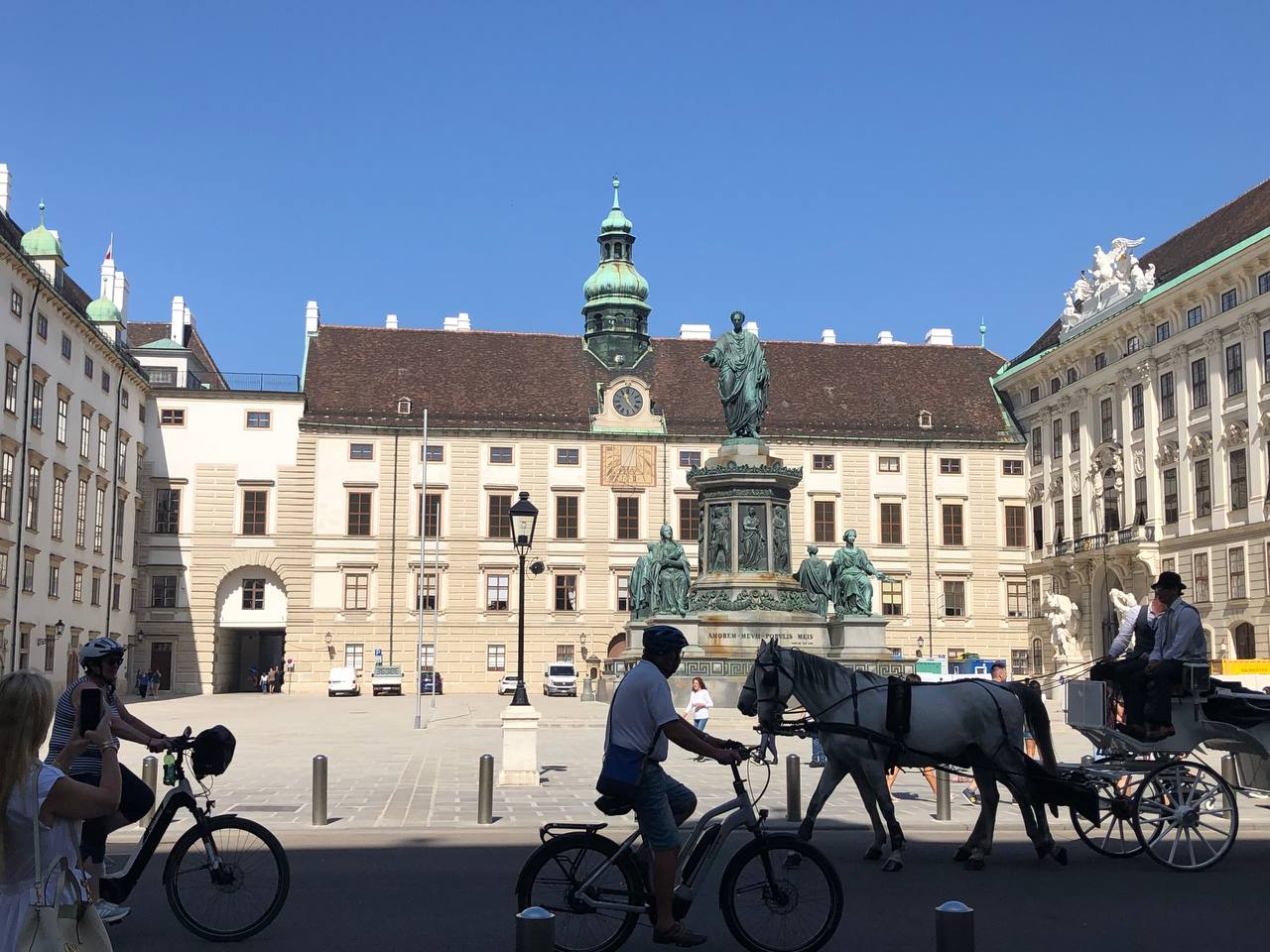
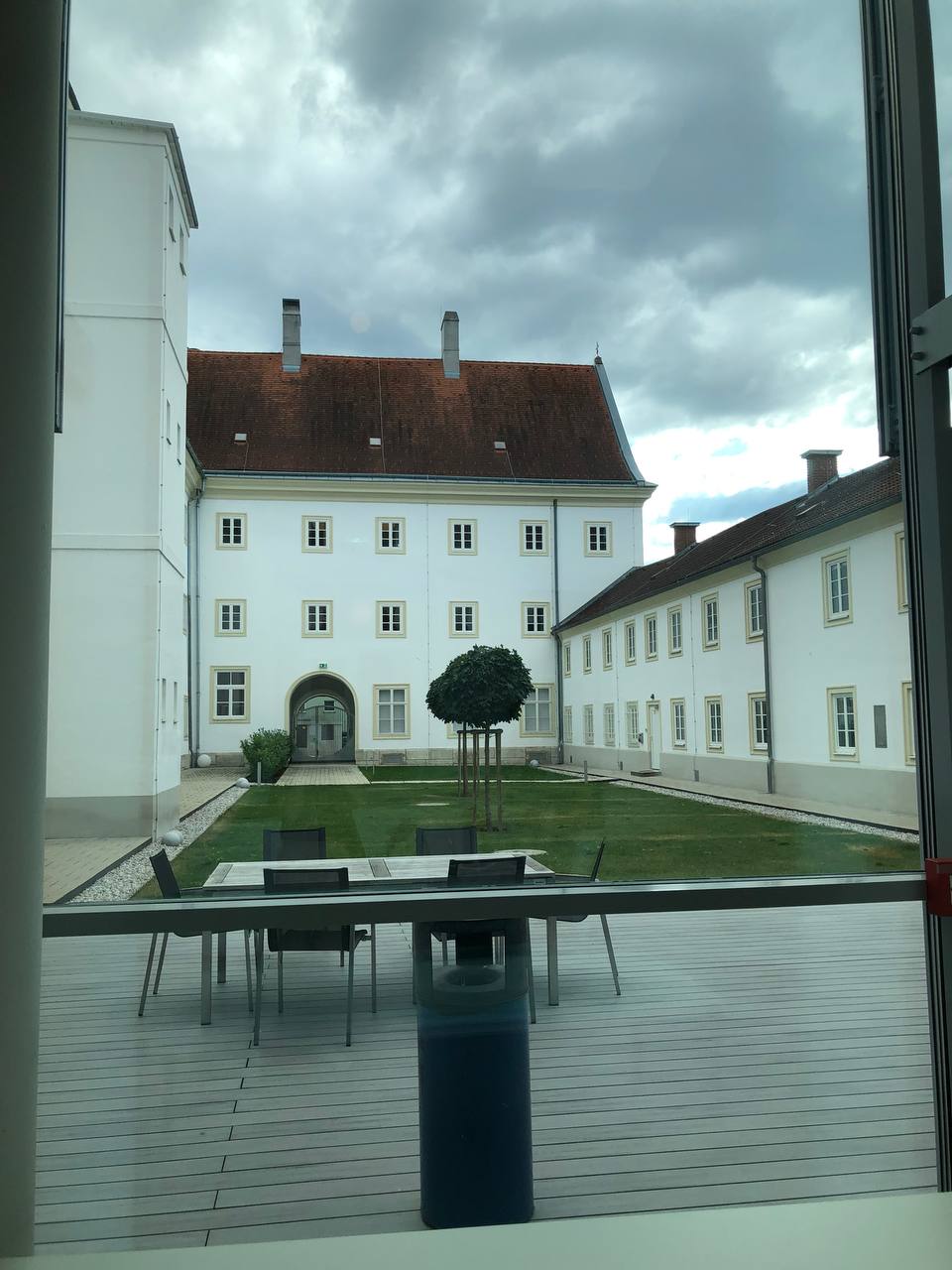
It should be recalled that the competition for teachers and architecture students to participate in the Erasmus+ academic mobility grant program at the Estonian University of Natural Sciences is now open.
It is worth mentioning that students of Poltava Polytechnic have the opportunity to study abroad under the grant programs of credit academic mobility for a semester or a whole academic year at the leading universities of Austria, Greenland, Denmark, Estonia, Lithuania, Latvia, Norway, the Netherlands, Poland, Romania, Slovakia, Norway.
For more information about current academic mobility programs, please contact the International Relations Department (room 320 F, interoffice@nupp.edu.ua) or the coordinator of academic mobility programs, Candidate of Philological Sciences, Associate Professor of the Department of Germanic Philology and Translation Anna Kostiantynivna Pavelieva (room 310 C, email: kunsite.zi@gmail.com, phone: +3-8-(095)-91-08-192).
Moreover, everyone is invited to guest lectures on 21st-century literature by leading experts from different universities in the EU, the USA, and Canada. The guest lectures are held every Wednesday in a mixed format during the fourth class (13.30-14.50) in room 318 C of Poltava Polytechnic. All students and academic staff of Poltava Polytechnic can join the events both offline and online (to get the link to Zoom, please contact the Department of Germanic Philology and Translation in room 310 C).
It should be recalled that currently, 2 students of Polytechnic are studying at Austrian University of Applied Sciences FH Burgenland, five female philology students have completed their internships at the International Department of University “1 DECEMBRIE 1918” University of Alba Iulia, 15 Polytechnic students studied for six months under the long-term academic mobility program Erasmus+ at the university “1 DECEMBRIE 1918” University of Alba Iulia (Alba Iulia, Transylvania, Romania), where they not only studied subjects in their specialty, but also took part in training and travelled around Romania and Europe, five female Polytechnic students studied under the long-term Erasmus+ academic mobility program at the Transport and Telecommunication Institute in Riga, Latvia, during the spring semester, where they combined their studies with travelling as well as studying new languages and cultures.
In addition, university representatives became the first Ukrainians to participate in an academic mobility program in Greenland, where they studied and taught under the Erasmus+ program, as well as studied the local language and culture and told the Greenlanders about the war in Ukraine.
Earlier, the student translators took part in an Erasmus+ youth exchange in Italy and studied how children’s games can teach teamwork, creativity, self-reflection and social integration; Polytechnic master’s students Yana Kharchenko and Sofiia Dmytriuk received two state scholarships from the Czech government and studied Czech at the Summer Schools of Slavic Studies at Palacký University in Olomouc and Masaryk University in Brno; participants of the long-term academic mobility program spoke about the peculiarities of studying in Greenland, and five female philology students are doing an internship at the international department of a Romanian partner university.
Recently, a philology student Diana Abbasova took part in the Erasmus+ youth workers mobility project in Turkey, the second-year student of the specialty 035 “Philology” Alina Alieksieieva became a participant in the Erasmus+ youth exchange in Spain, dedicated to the influence of social media on young people, a student of Poltava Polytechnic took part in the “Study Tours to Poland” grant program, a philology student became a participant in a youth exchange dedicated to inclusion in Romania, Polytechnic students took part in a youth exchange dedicated to discrimination and gender inequality, studied the preservation of natural resources and economic growth of young people through a healthy lifestyle, a translation student became a participant in a youth exchange project against discrimination, xenophobia and bullying, Polytechnic students took part in the Erasmus+ project dedicated to the development of environmental awareness among Europeans and held a charity auction, philology students mastered practical skills in the field of ecology and environmental protection, considered the problem of alcohol addiction and methods of combating it, raised the level of awareness of cultural diversity, studied the problem of displaced persons/migrants and internally displaced persons.
Media Center of
National University “Yuri Kondratyuk Poltava Polytechnic”
